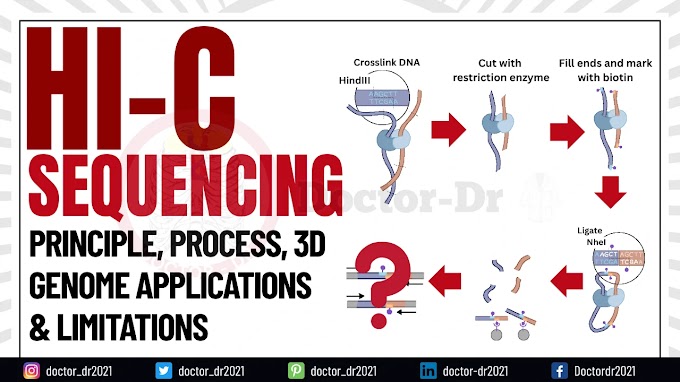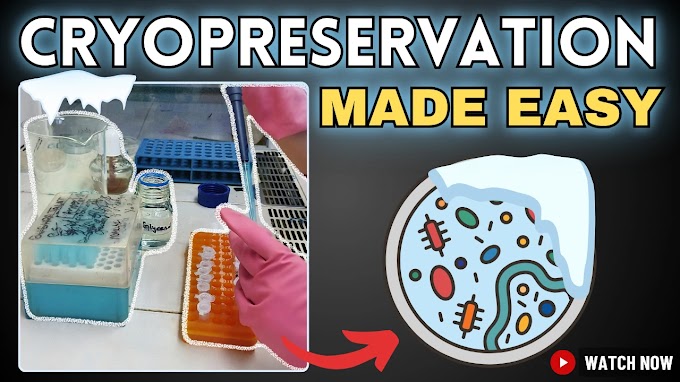Accepting Accountability
It is impossible to alter one's genetic makeup or prior experiences. This is something that people with healthy personalities are aware of. They begin to take control of their life as they get older. They frequently consider how to improve their life while doing so. This frequently entails altering their own conduct and personality. But first, it's important to understand what makes for a healthy personality.Healthy Behavior
There are several healthy approaches to life management. A mentally healthy person, on the other hand, generally exhibits a few qualities. A person with this personality has a realistic self-perception, enjoys and trusts others, and accepts responsibility for his or her own actions. Your self-concept is how you see yourself and your place in the world. You can recognise both your strengths and your flaws when you have a realistic self-concept. People who are unable to recognise their flaws are only viewing a portion of themselves as elves. For example, a student may frequently put off studying history. She doesn't have a realistic self-concept if she refuses to accept she hasn't studied when she fails a history test. If you have a hazy image of yourself, your perception of the world around you is likely to be hazy as well.
It's possible that having a positive self-concept, or feeling good about oneself, is just as essential as having a realistic one. Accepting oneself entails appreciating your positive qualities and being ready to work on or accept your flaws. Acceptance of oneself is essential for mental wellness.
Another indicator of excellent mental health is the ability to develop deep, trustworthy connections with others. People who can't keep up with others' schedules are likely to be lonely and miserable. It may also be difficult for them to be nice or fair to others. A lack of trust in others is frequently caused by a negative self-perception. It's difficult to love people if you believe you're unlovable. A lack of trust in others is frequently caused by a negative self-perception. It's difficult to love people if you believe you're unlovable. You may fear that people may believe you are unworthy of love.
It's critical to recognise that particular behaviours lead to specific outcomes. Taking responsibility for your own actions means not blaming others for such outcomes. This implies you must be able to envision the consequences of particular behaviours. Then you must select an activity that will result in the desired outcome. When you choose your own behaviour, you are more likely to accept responsibility for what occurs.
Making Adjustments
How do you tell when a change will be beneficial? Do you ever feel like your life is in command of you rather than the other way around? If you answered yes, you should do a self-examination. Self-examination entails taking a step back and looking at oneself. Compare your positive qualities, interests, and flaws to the traits of a healthy personality. You have the option of accepting yourself just as you are. Alternatively, you might concentrate on altering aspects of yourself that you believe could be improved.
To narrow down the issue areas during your self-examination, ask yourself these questions. Do you have issues that you either ignore or rely on others to fix for you? Do you have any feelings of embarrassment or shame over a facet of your personality? Do you find it difficult to resist peer pressure when you really want to do something different? Is it true that your physical health is influenced by how you feel about yourself?
You may start making adjustments once you've identified the issue areas. Realizing you have a problem might sometimes be enough to motivate you to make a change. Changing, on the other hand, is often sluggishly. This might be due to the development of habits or attitudes that prevent you from attaining your goals.
Getting Rid of Habits
A habit is an action that you perform so frequently that you don't think about it. The action becomes automatic after you've established a habit. Some of the hab.s are excellent. Brushing your teeth, for example, is a practise that promotes excellent health. Another excellent habit is to wear a safety belt. Discovering your habits and selecting which ones you want to alter is an important part of any self-examination.
You may have physical behaviours such as teeth grinding or nail biting. These can hurt your self-esteem and make it difficult for others to live with you. Other behaviours might be linked to your personality. Interrupting or laughing at other individuals are examples of these behaviours. You didn't come into this world with any habits. If you genuinely want to modify your behaviour, they don't have to be a part of it. At first, it will be difficult. But just as habits are formed by repeating them, so they can be broken by repeatedly turning away from them.
However, just as habits are developed by repetition, they can also be destroyed by consistently avoiding them. If you wish to break a habit, you'll need to: push yourself to stop and consider before doing it each time. Set a goal for yourself to improve one habit at a time. Keep track of your progress on a daily basis. If you manage to avoid repeating your behaviour for a period of time, you should praise yourself.
It can be beneficial to inform someone you trust that you want to quit a habit. You may tell a buddy, for example, that you're attempting to quit chewing your nails. You'll have someone to remember and encourage you in this way.
Changing Your Mindset
Examining your attitudes is part of self-examination. An attitude is a way of thinking about something specific or about life in general. An outward expression of one's mood. There are two methods to categorise general sentiments. A optimistic outlook on life is the capacity to perceive the bright side of a situation and to anticipate good things. A person with a pessimistic outlook on life is always anticipating the worst to happen.
If your self-examination reveals that you have a negative attitude toward anything, consider how you got to have that attitude. Assume you feel you are unable to establish new acquaintances. When you investigate this attitude, you may discover that it stems from a few negative experiences you had when you were new to your school or community. It might have been passed down via your family. You're usually referred to as the "shy" one. It's possible that having this attitude towards making friends has become a habit that has resulted in a bad attitude.
Acting as though you have the attitude you want to cultivate is one approach to try to modify your attitude. Rather of believing that no one wants to talk to you, try striking up a conversation with someone else. Alternatively, encourage them to participate in activities with you. Try to tease back instead of receiving a teasing comment as if it were meant to wound you. in a pleasant manner
Often, you may change your mood by focusing on one positive aspect. This may be a compliment from someone you admire. Don't get caught up in the mistakes of the past. Instead, attempt to concentrate on your accomplishments. Recognizing that you have numerous advantages that others do not may also be beneficial. A new acquaintance can help you improve your self-esteem. It might be as simple as choosing that you want greater control over your life. Whatever method you use to change your attitude, the most essential thing is to recognise and enjoy the benefits that a better attitude may offer. Your positive attitudes will be enhanced as a result of this.
Change or Acceptance?
Remember that no one is perfect while determining whether to accept or modify an aspect of yourself. Every person has flaws. Everyone makes errors from time to time. Change should be motivated by a desire to feel more at ease with yourself and others. Your objectives should not be based on someone else's definition of success. Even if you do decide to alter anything about yourself, keep in mind that it is not always feasible. Taking a close look at an issue, on the other hand, often leads to fresh solutions.
People close to you may be able to perceive aspects of your personality that you are unable to see. If you're having trouble doing a self-examination, get assistance from a guidance counsellor, coach, teacher, family doctor, or a member of the church. These folks have the knowledge and expertise to assist you in gaining a better understanding of yourself. It takes bravery to try to alter things and much more fortitude to accept what you can't. Both are kinds of development.
Review of the Lesson
Mentally healthy people have a realistic self-concept, enjoy and trust others, and accept responsibility for their own actions. Self-examination can assist you in identifying aspects of your personality that you may desire to alter. Many responsible decisions will be required for the development of your personality as well as the chances you make for yourself.







